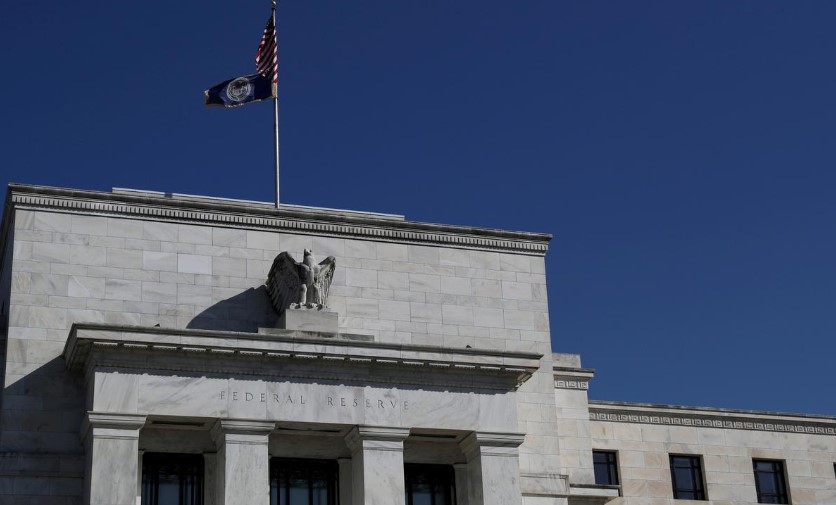
U.S. President Donald Trump’s push for low interest rates reached a new pitch on Wednesday, when he demanded the Federal Reserve take the extraordinary step of sending them below zero.
Outside of Washington, D.C., Fed policymakers often face the opposite complaint. Interest rates are too low already, Americans tell Fed officials when they speak at Rotary Clubs and chambers of commerce around the country. Savers, and particularly those near retirement age, are not getting enough return from their savings accounts or fixed investments.
The negative rates Trump is pushing, already in place in some parts of Europe and in Japan, would effectively charge people who save their money, and reward those able and willing to borrow. They were so unpopular in Japan that they became a hot topic on talk shows and tabloids, which highlighted consumers buying safes to stash their cash at home instead of with banks.
Fed policymakers have already dismissed such a move as unnecessary, given the relatively strong economy, as well as too risky and politically unpopular. U.S. savings rates are almost three times higher than they were before the Great Recession.
Relatively low interest rates have helped homebuyers and businesses invest in new equipment, for instance, but they curb returns on many bank accounts and even certificates of deposit, sapping households of their savings when adjusted for inflation.
“What happens when you get to retirement and you have your pile and you are trying to live off your pile?” says Alicia Munnell, Boston College’s Carroll School of Management professor. “At that point you want rates to be higher. People in the drawdown stages would unequivocally benefit from higher rates.”
Wealthier investors can make up for low rates on savings by investing in stocks or other higher-risk, higher-yielding assets. Some savvy Americans have been so eager for a decent rate on their savings that they’ve been bidding directly for Treasury bills at government auctions in record numbers as rates rose along with Fed interest-rate increases.
Investors with a small nest egg or less financial know-how may see few savings options beyond a standard savings account or a low-yield Treasury bond. It is impossible for them to save their way to wealth in a low-interest-rate environment.
“Low rates are destructive of economic equality,” said Karen Petrou, who runs the policy analysis firm Federal Financial Analytics.
“Negative rates would be even more so,” because they would punish moderate income people, particularly those trying to save for retirement, Petrou said. Poor Americans already spending what they earn or obtain through government programs might be relatively unaffected, since they have few savings to begin with.
FED CUTS HIT RETIREES
Even with little chance of the United States moving to negative interest rates anytime soon, savers and in particular, retirees, can likely kiss higher returns goodbye this year.
A combination of slowing global growth and an escalating U.S.-China trade war caused Fed officials to cut interest rates for the first time in a decade in July. Another cut is expected when they meet next week.
As Americans near retirement age, many have traditionally leaned heavily on bonds to stabilize their income. For portfolios geared for retirement savings, for instance, Fidelity allocates just 16% to bonds for those 15 years from retirement, and 37% for those within 5 years of retirement. If those bonds have negative yields, the bond-heavy portfolios suffer.
The Federal Reserve cut interest rates from a high of 5.25% to just above zero to stimulate the economy during the last recession, and has managed to raise interest rates to a little over 2% since then.
Central banks that have adopted negative rates have done so only because, unlike the United States, they have been unable to raise their interest rates appreciably following the financial crisis.
Federal Reserve Chair Jerome Powell is keenly aware of the concerns of savers, judging by comments he made as he stepped up to head the world’s most powerful central bank.
“If you really are dependent on a fixed income and bank deposits and … short-term interest rates, then it’s been a burden for you,” he admitted at his confirmation hearing.
